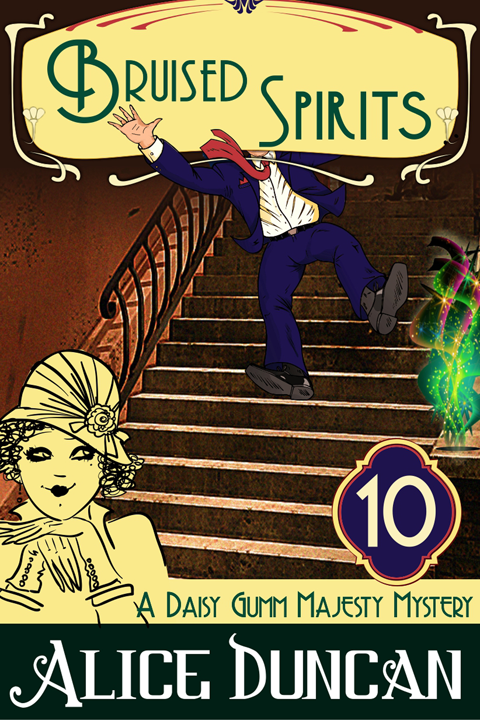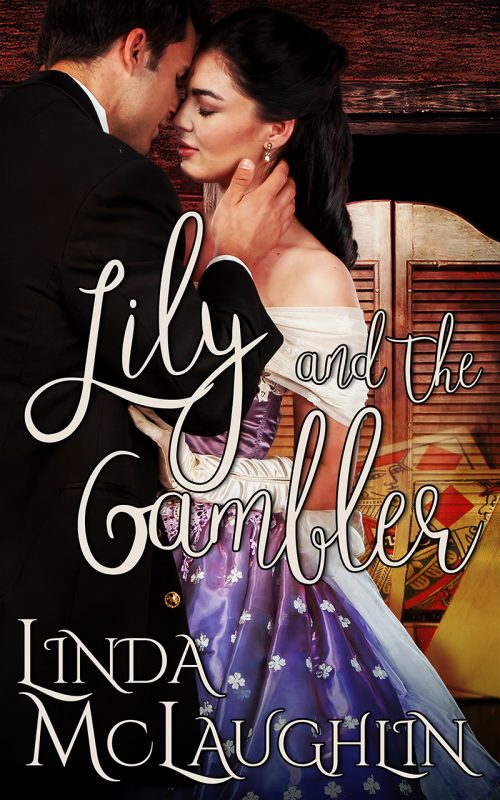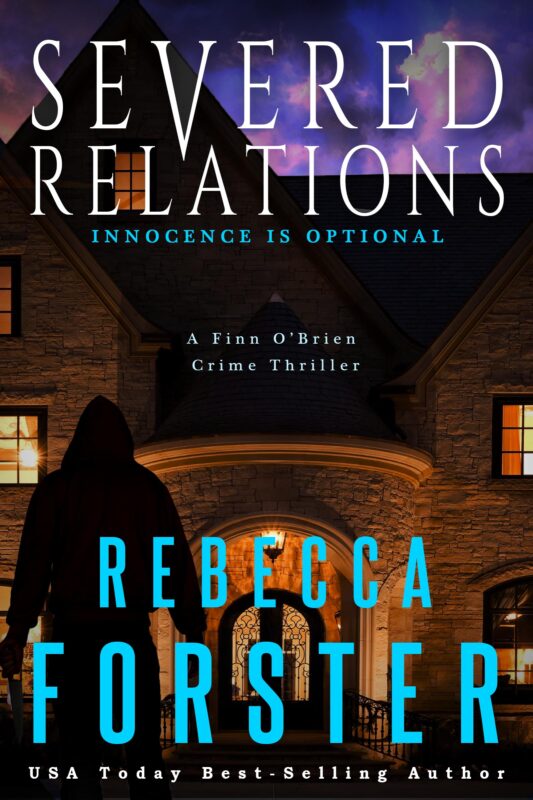August Author of the Month, Dianna Sinovic
August 7, 2020 by Dianna Sinovic in category Featured Author of the Month tagged as Dianna Sinovic, Featured Author of the Month, Quill and Moss, Short Stories
Author of the Month: Dianna Sinovic

Dianna is a contributing author in the recent Bethlehem Writers Group anthology, Untethered, Sweet, Funny & Strange Tales of the Paranormal. A man buys a painting of a jungle scene that is so realistic it seems to change in “Point of View.” She has also contributed stories for the Bethlehem Writers Roundtable ezine, including “In the Delivery.”
Born and raised in the Midwest, Dianna has also lived in three other quadrants of the U.S. She writes short stories and poetry, and is working on a full-length novel about a young woman in search of her long-lost brother.
Dianna also has a regular column, Quill and Moss, here on A Slice of Orange.
Other books by Dianna Sinovic

Born and raised in the Midwest, Dianna Sinovic has also lived in three other quadrants of the U.S. She writes short stories and poetry, and is working on a full-length novel about a young woman in search of her long-lost brother.
Dianna Sinovic, August Author of the Month
August 1, 2020 by Dianna Sinovic in category Featured Author of the Month
Author of the Month: Dianna Sinovic

Dianna is a contributing author in the recent Bethlehem Writers Group anthology, Untethered, Sweet, Funny & Strange Tales of the Paranormal. A man buys a painting of a jungle scene that is so realistic it seems to change in “Point of View.” She has also contributed stories for the Bethlehem Writers Roundtable ezine, including “In the Delivery.”
Born and raised in the Midwest, Dianna has also lived in three other quadrants of the U.S. She writes short stories and poetry, and is working on a full-length novel about a young woman in search of her long-lost brother.
Dianna also has a regular column, Quill and Moss, here on A Slice of Orange.
Other books by Dianna Sinovic

Born and raised in the Midwest, Dianna Sinovic has also lived in three other quadrants of the U.S. She writes short stories and poetry, and is working on a full-length novel about a young woman in search of her long-lost brother.
One Small Sign
July 30, 2020 by Dianna Sinovic in category Quill and Moss by Dianna Sinovic tagged as Dianna Sinovic, fiction, flash Fiction, short storyOne Small Sign
The house was still—so quiet and somber after Gran’s passing—but Kiri refused to turn on the TV or crank up her earbuds just to fill the silence with trivial sounds. She wanted to catch the memory of Gran’s voice, to hear that mischievous laugh again. Within that nothingness, the faintest of snuffles echoed in the hallway outside Gran’s study, where Kiri was reviewing for a test.
Putting her Econ book face down on the desk, she stepped close to the hall doorway and listened.
There it was again. Snuffle, snort.
Unnerved—she was alone in the house—Kiri poked her head cautiously around the door frame to look down the hall. Empty.
With a small sigh of relief, she walked down the hall and into the dining room to check there. The room was cramped not only with the eight-foot dining table, but also a sideboard, a corner cabinet and a large breakfront. She’d eaten many a meal in this room, with her Gran and, in the years before his death, Gramps presiding. Now both were gone. Despite the bulky furniture, the room felt empty, lifeless.
Scanning the area, Kiri noticed a small figurine on the otherwise cleared table. She picked it up. About six inches long and four inches high: An antelope with its feet tucked neatly beneath it, two short, thin horns, and large deer-like ears. It seemed to gaze at her with dark glistening eyes.
“Where did you come from?” Kiri addressed the object, turning it over.
Oribi, a small African antelope, the label affixed to the bottom said.
Kiri’s gaze wandered to the breakfront. In addition to Gran’s delicate china pieces with their faint blue cloud pattern, the shelves held a few other figurines: an impala and a gazelle, their horns much longer and more curved than the oribi’s.
Gran had a thing for antelopes even though she’d never seen one outside of the Philadelphia Zoo. “To be able to run with that grace and speed,” she told Kiri. “It must be an incredible sight on the savanna.”
Africa had been on Gran’s bucket list, but the Fates had another idea: cancer.
Kiri put the oribi back in its place, with the others, and closed the breakfront section. It had been a month since the memorial service and her parents’ decision that Kiri could live at the house, but how she missed Gran.
As evening came on, she cooked herself dinner, washed up, and went back to studying. Her class final was in two days.
Deep in thought on volume discount pricing theory, she was startled by another noise from the hallway.
Snuffle, snort.
Once again, Kiri followed the noise to the dining room, and there sat the oribi figurine, back on the table.
She picked it up, but this time, she carried it with her to the study. Clearing away a few papers and notebooks, she put the figurine under the desk lamp. How odd. Its head was turned now, instead of looking straight ahead. She ran her fingers along the antelope’s ceramic neck but could feel no place where it could swivel.
Two hours later, Kiri yawned and stretched. She had finished her review. She closed her laptop and textbook, and reached to switch off the lamp. The figurine had vanished from the desktop.
This time, Kiri jumped to her feet. What the—?
In the pool of light from the lamp stood the quavering image of an oribi—at about two feet high, it was the size of a medium dog, but with thin legs, small hooves, and no horns. Ethereal, the doe nuzzled Kiri’s thigh.
Then the realization hit her.
“Gran, is that you?” Kiri knelt and put her hands on either side of the creature’s face. It made no move to pull away, only looked at her with those same dark glistening eyes. Was that a hint of a smile? A moment later, Kiri was once again holding the figurine.
That night, she nestled the ceramic piece next to her pillow and dreamed of running fleet-foot across a sea of grasses under an equatorial sun.
2 0 Read moreHome to Roost by Dianna Sinovic
June 1, 2020 by Dianna Sinovic in category Quill and Moss by Dianna SinovicHome to Roost
/
Four minutes before the alarm, and Trina was already awake, eyes open. Even in the dim light of pre-dawn she could trace the intricate lines of the cracked plaster on the ceiling. Some mornings, the lines coalesced into starbursts; other days, they reminded her of a detailed pirate’s map, the marked footsteps meandering here and there.
She threw back the covers and remembered—as she had every morning for the last three months. Any pirate treasure would stay buried for now. Amber, the 9-year-old lump in the bed, face buried in her pillow, was the daily reminder that the contours of her world had changed.

Pulling on leggings and an old T-shirt, Trina tiptoed out of the bedroom, down the stairs and out into the steamy July morning. Her niece could stay asleep. Trina hadn’t wanted to be a parent or a fill-in parent, but late on a chilly spring afternoon, sun glare masked the tractor trailer on the bend and her sister, Leigh, pulled out from a side road when she should have waited. For the first month afterward, Amber spoke gibberish, panicking Trina and puzzling the school counselor. And just as suddenly, the girl slipped back into normal speech, announcing at dinner one night, “Can we raise chickens?”
What could Trina say but yes? She knew Leigh would have expected no less of her.
So Trina was now also a farmer of sorts, with five hens in her rural back yard. She opened the coop door and emptied pellets into the feeder. Clucking softly, the Rhode Island reds clustered around her, already pecking at the food. Hallie, Hannah, Harriet, Hazel and Heidi—Amber had named the chicks the day they’d brought them home.
“How can I tell them apart?” Trina had protested.
“You will,” Amber said. “When they grow up.” She had chewed on a strand of hair, pondering. “I think.”
And so they had a pact, she and Amber. Trina would feed and water the flock and tend to the coop, and her niece would check for eggs, waiting for the first one to be laid.
There was no rooster—maybe later, they agreed.
After the round of pellets, Trina emptied and refilled the coop’s water receptacle. She checked that the mesh over the outdoor pen was secure, protection against the neighborhood red tail hawk.
“Any eggs yet?” Amber called from the back porch steps. She was still in her pajamas.
Trina shrugged. “I didn’t check.”
“I’ll do it,” her niece said, sprinting barefoot until she stood next to Trina. “Maybe today’s the day.” She was grinning with excitement.
Amber disappeared into the coop’s interior and was gone several long minutes. When she finally re-emerged, Trina was startled to see her eyes brimming with tears.
“What is it?” Trina said.
Amber held up both hands to her, palms out. There was not one egg, but two.
“At last!” Trina smiled in relief. Who needed buried treasure? “They are the first of many, I’ll bet.”
Amber, still somber, said softly, “The hens wanted to send a message from Mommy and Daddy, so they made two first eggs instead of just one.”
Trina gently hugged her niece. “I miss them, too.”
2 0 Read moreNight Light by Dianna Sinovic
March 30, 2020 by Dianna Sinovic in category Quill and Moss by Dianna Sinovic tagged as flash Fiction, short storyNight Light
The garrison commander had barely closed his eyes, ready for the escape that sleep would grant him, when the duty officer shook his shoulder. Newbolt was new but competent, so his lapse of protocol—waking him instead of dealing with the crisis on his own—surprised the commander. The fear in Newbolt’s eyes was genuine, though.
“Another checkpoint problem?” For more than two months, the Runeheads had been slipping past the guards, somehow blending in with the regulars on the route into Locke Town. The garrison’s whole purpose was to monitor the traffic in and out of the city, to stop the Runeheads from gaining a foothold there.
“No, sir.” Newbolt was nervous.
Mosby sat up in bed and reached for his tunic. “What then?” He dressed quickly but thoroughly, aware that the chill of this alien night would knife through him if he wasn’t prepared.
“It’s the blinking light, sir.”
Inwardly, Mosby groaned. It was difficult enough to keep the garrison fully staffed because of its remoteness from Earth-based settlements. Throw in a race that lacked humanoid features and resented the soldiers’ presence. Now he faced his latest challenge, dispelling rumors of the Runeheads’ telepathic control of energy. Three men in the last week had requested a transfer after reporting a flashing light that immobilized them.
“Show me.” He followed Newbolt out to the perimeter gate. The guard station was awash in floodlights, but the brightness stopped a few feet out and the terrain beyond was inky, empty and quiet. “Shut off the lights,” Mosby ordered. He and Newbolt stared into the sudden darkness for several minutes. With his hand on his stunner, he wondered if he could trust Newbolt. Perhaps the duty officer and the others who had seen the phenomenon were in the first stages of hallucination disorder. He would need to file a report, encourage them to seek treatment, and ask for additional staff while they were on sick leave.
“There,” Newbolt hissed.
Mosby scanned the blackness, hoping he would not see anything.
“There—do you see it?” Newbolt’s voice quavered. “What is it? It’s got to stop.” He disappeared into the night.
“Newbolt, wait.” Mosby listened for his footsteps but heard nothing. He moved to switch the floodlights back on, but above and to his right, a green light began blinking. It was small but insistent, and it was moving. “Newbolt?”
0 0 Read moreAffiliate Links
A Slice of Orange is an affiliate with some of the booksellers listed on this website, including Barnes & Nobel, Books A Million, iBooks, Kobo, and Smashwords. This means A Slice of Orange may earn a small advertising fee from sales made through the links used on this website. There are reminders of these affiliate links on the pages for individual books.
Search A Slice of Orange
Find a Column
Archives
Featured Books
THE PERFECT MURDER
Reese and his brothers must track down the truth before the body count gets any higher.
More info →BRUISED SPIRITS
It's 1924 and Daisy Gumm bands with friends to help Lily Bannister, whose abusive husband nearly killed her.
More info →UNEXPECTED LOVE
I can't believe I fell in love with my husband's best friend.
More info →SEVERED RELATIONS
Detective Finn O'Brien catches the call: two kids and their nanny are dead behind the gates of Freemont Place.
More info →Newsletter
Contributing Authors
Search A Slice of Orange
Find a Column
Archives
Authors in the Bookstore
- A. E. Decker
- A. J. Scudiere
- A.J. Sidransky
- Abby Collette
- Alanna Lucus
- Albert Marrin
- Alice Duncan
- Alina K. Field
- Alison Green Myers
- Andi Lawrencovna
- Andrew C Raiford
- Angela Pryce
- Aviva Vaughn
- Barbara Ankrum
- Bethlehem Writers Group, LLC
- Carol L. Wright
- Celeste Barclay
- Christina Alexandra
- Christopher D. Ochs
- Claire Davon
- Claire Naden
- Courtnee Turner Hoyle
- Courtney Annicchiarico
- D. Lieber
- Daniel V. Meier Jr.
- Debra Dixon
- Debra H. Goldstein
- Debra Holland
- Dee Ann Palmer
- Denise M. Colby
- Diane Benefiel
- Diane Sismour
- Dianna Sinovic
- DT Krippene
- E.B. Dawson
- Emilie Dallaire
- Emily Brightwell
- Emily PW Murphy
- Fae Rowen
- Faith L. Justice
- Frances Amati
- Geralyn Corcillo
- Glynnis Campbell
- Greg Jolley
- H. O. Charles
- Jaclyn Roché
- Jacqueline Diamond
- Janet Lynn and Will Zeilinger
- Jaya Mehta
- Jeff Baird
- Jenna Barwin
- Jenne Kern
- Jennifer D. Bokal
- Jennifer Lyon
- Jerome W. McFadden
- Jill Piscitello
- Jina Bacarr
- Jo A. Hiestand
- Jodi Bogert
- Jolina Petersheim
- Jonathan Maberry
- Joy Allyson
- Judy Duarte
- Justin Murphy
- Justine Davis
- Kat Martin
- Kidd Wadsworth
- Kitty Bucholtz
- Kristy Tate
- Larry Deibert
- Larry Hamilton
- Laura Drake
- Laurie Stevens
- Leslie Knowles
- Li-Ying Lundquist
- Linda Carroll-Bradd
- Linda Lappin
- Linda McLaughlin
- Linda O. Johnston
- Lisa Preston
- Lolo Paige
- Loran Holt
- Lynette M. Burrows
- Lyssa Kay Adams
- Madeline Ash
- Margarita Engle
- Marguerite Quantaine
- Marianne H. Donley
- Mary Castillo
- Maureen Klovers
- Megan Haskell
- Melanie Waterbury
- Melisa Rivero
- Melissa Chambers
- Melodie Winawer
- Meriam Wilhelm
- Mikel J. Wilson
- Mindy Neff
- Monica McCabe
- Nancy Brashear
- Neetu Malik
- Nikki Prince
- Once Upon Anthologies
- Paula Gail Benson
- Penny Reid
- Peter Barbour
- Priscilla Oliveras
- R. H. Kohno
- Rachel Hailey
- Ralph Hieb
- Ramcy Diek
- Ransom Stephens
- Rebecca Forster
- Renae Wrich
- Roxy Matthews
- Ryder Hunte Clancy
- Sally Paradysz
- Sheila Colón-Bagley
- Simone de Muñoz
- Sophie Barnes
- Susan Kaye Quinn
- Susan Lynn Meyer
- Susan Squires
- T. D. Fox
- Tara C. Allred
- Tara Lain
- Tari Lynn Jewett
- Terri Osburn
- Tracy Reed
- Vera Jane Cook
- Vicki Crum
- Writing Something Romantic
Affiliate Links
A Slice of Orange is an affiliate with some of the booksellers listed on this website, including Barnes & Nobel, Books A Million, iBooks, Kobo, and Smashwords. This means A Slice of Orange may earn a small advertising fee from sales made through the links used on this website. There are reminders of these affiliate links on the pages for individual books.























































